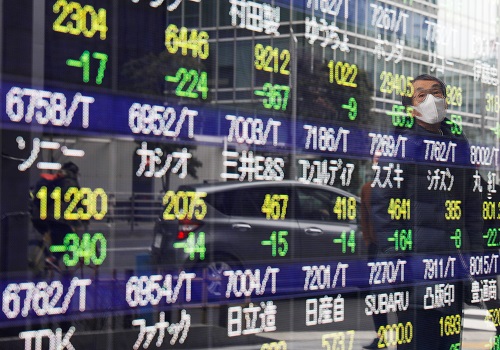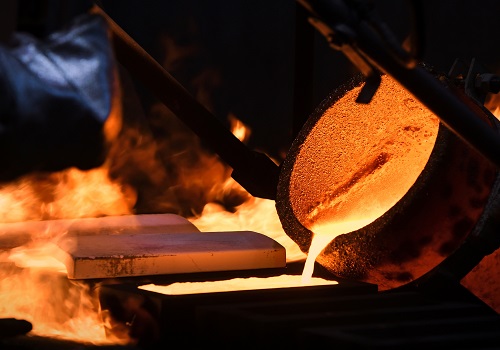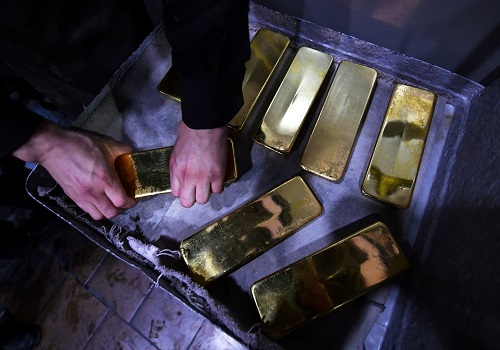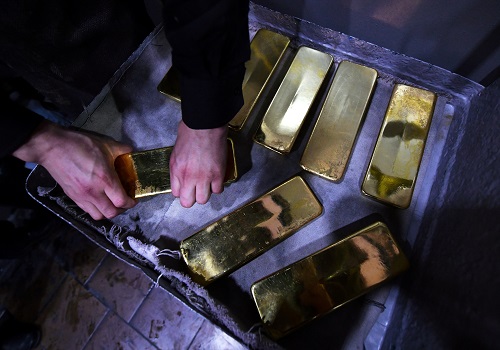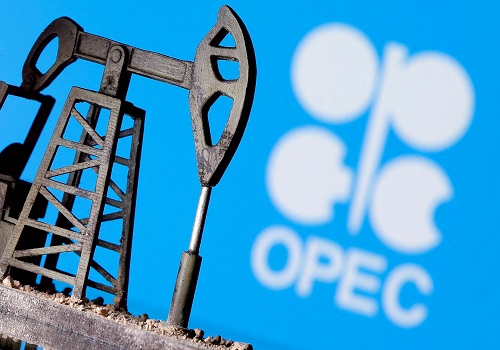Strong dollar, rate-hike bets push gold below $1,700 mark
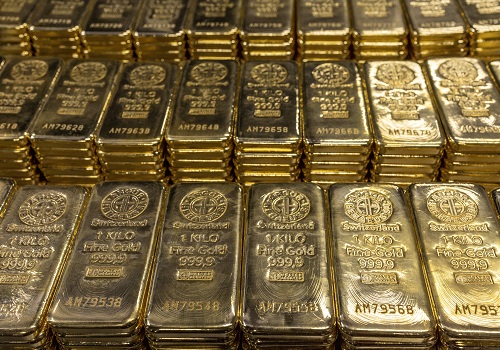
Follow us Now on Telegram ! Get daily 10 - 12 important updates on Business, Finance and Investment. Join our Telegram Channel
Gold prices fell below the key $1,700 level on Thursday for the first time since July as a rising dollar and bets for more aggressive interest rate hikes eroded its appeal.
Spot gold fell 1% to $1,694.19 per ounce by 10:08 a.m. ET (1408 GMT), its lowest since July 21.
U.S. gold futures shed 0.9% to $1,710.50.
Gold is considered a safe store of value amid economic uncertainties but investors usually opt for interest-yielding assets as central banks hike rates.
"If the Fed sticks to its inflation mandate and keeps rates elevated and refrains from cutting rates even in a recession, it will not bode well for gold," said Daniel Ghali, commodity strategist at TD Securities.
"If gold breaks below the $1,675 range, we expect substantial selling pressure to emerge."
Mirroring investors' sentiment, holdings in the SPDR Gold Trust, the world's largest gold-backed exchange-traded fund, fell to 31,294,673 ounces on Wednesday, its lowest since January. [GOL/ETF]
"Strong U.S. dollar index, as well as rising U.S. Treasury yields, are all bearish forces pushing the metals markets," wrote Jim Wyckoff, senior analyst at Kitco Metals in a note.
The dollar index rose 0.6%, making bullion more expensive for overseas buyers. U.S. Treasury yields also advanced. [USD/] [US/]
Investors also took stock of data that showed U.S. weekly jobless claims dropped while layoffs fell in August.
Spot silver fell 1.8% to $17.65 per ounce, hitting its lowest level in more than two years.
Platinum dropped 3% to $821.14, and palladium lost 3.4% to $2,013.17.
"As we are staring down the barrel of recession, industrial metal prices are particularly vulnerable," Ghali added.
Asia's factory activity slumped in August as China's zero-COVID curbs and cost pressures continued to hurt businesses, surveys showed.
(Reporting by Ashitha Shivaprasad in Bengaluru; Editing by Krishna Chandra Eluri)
















